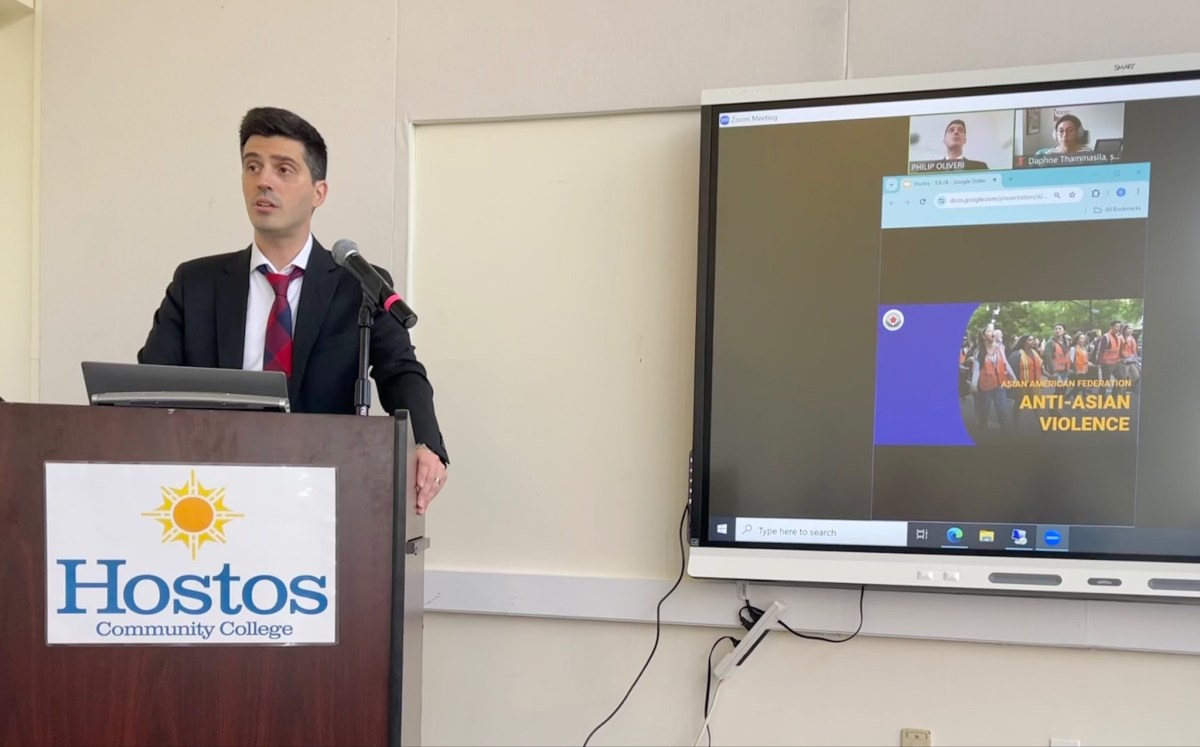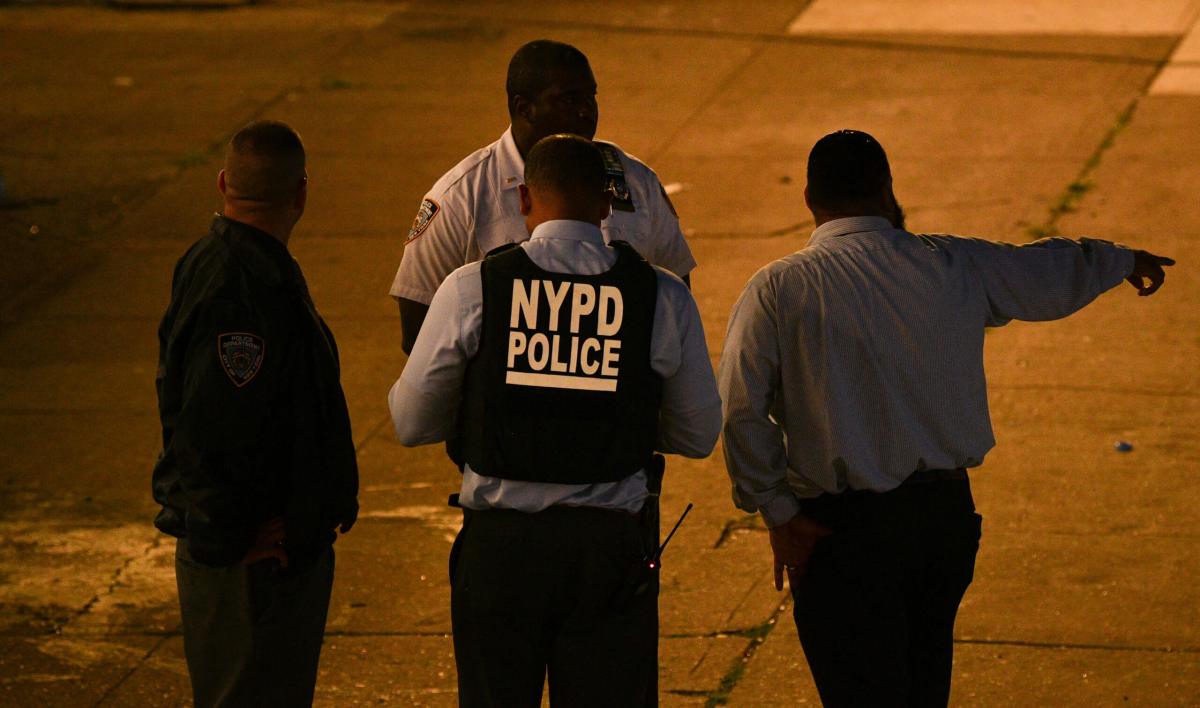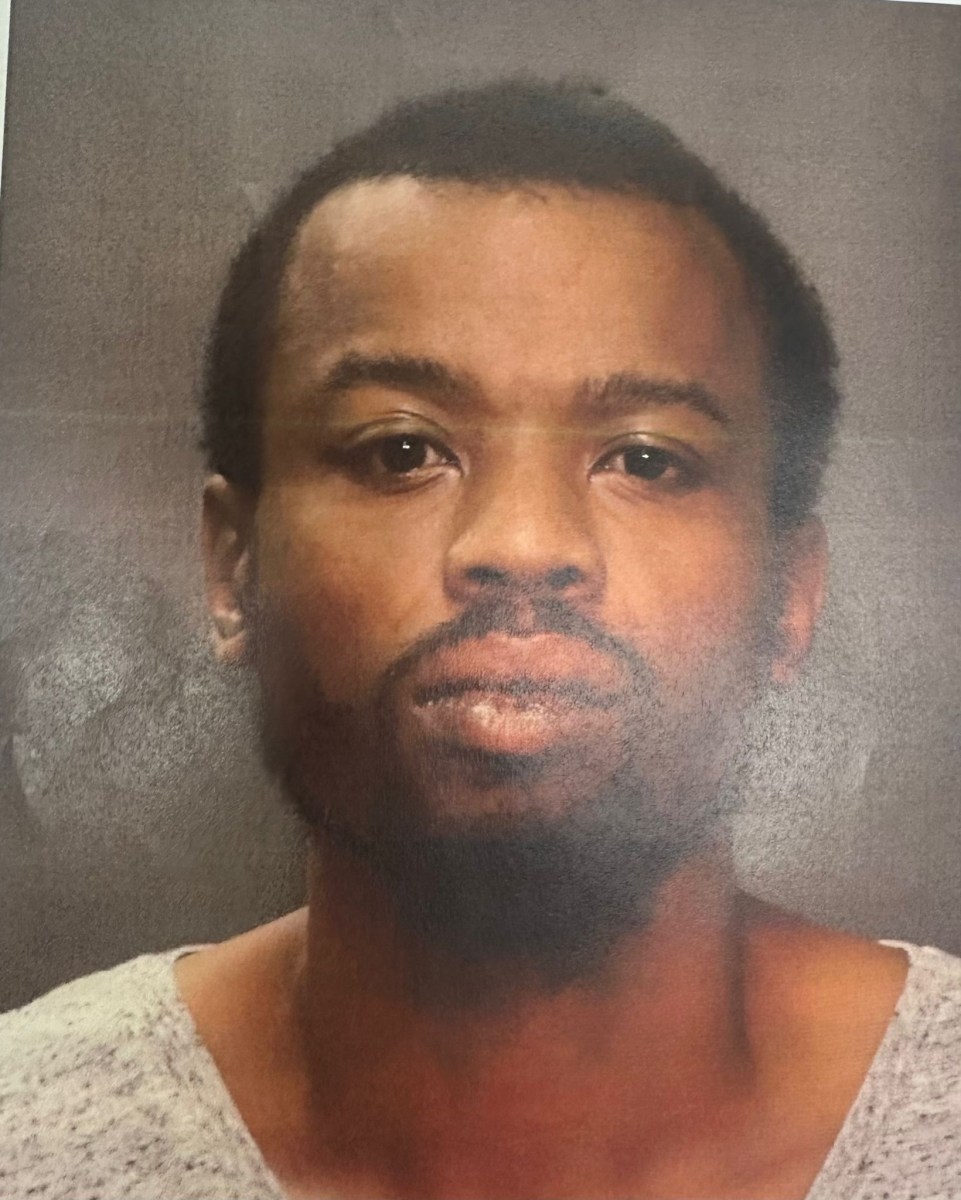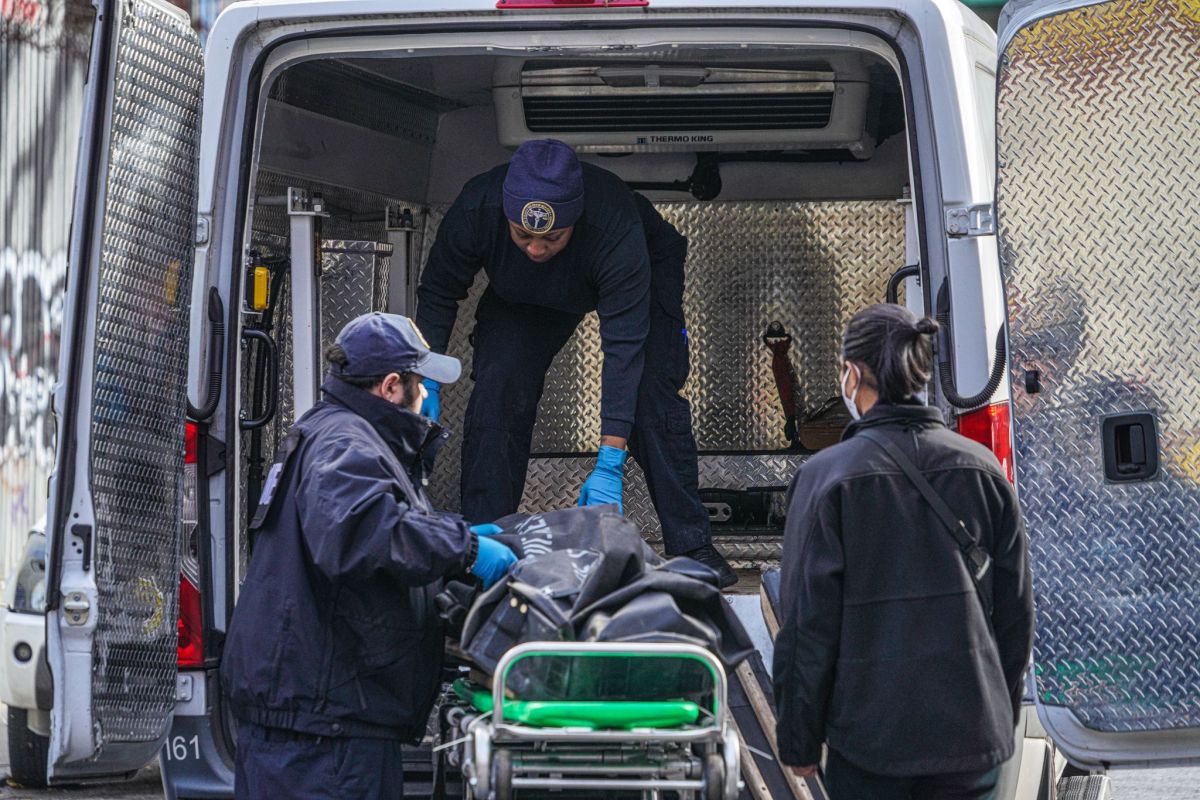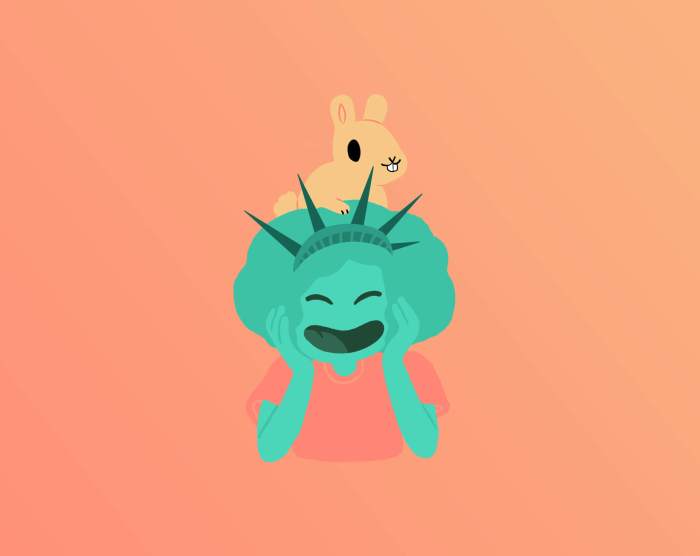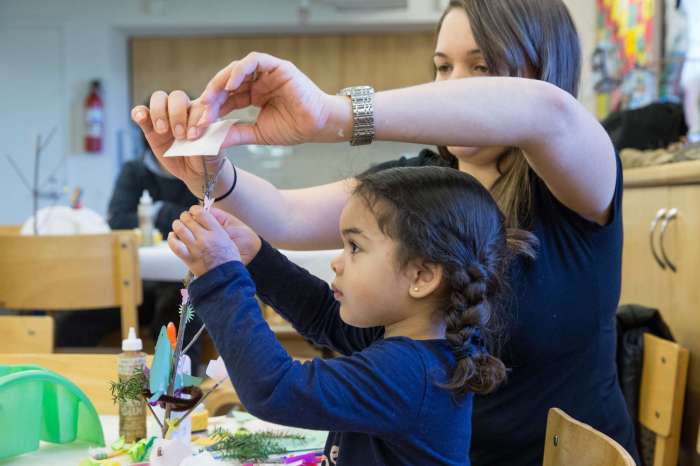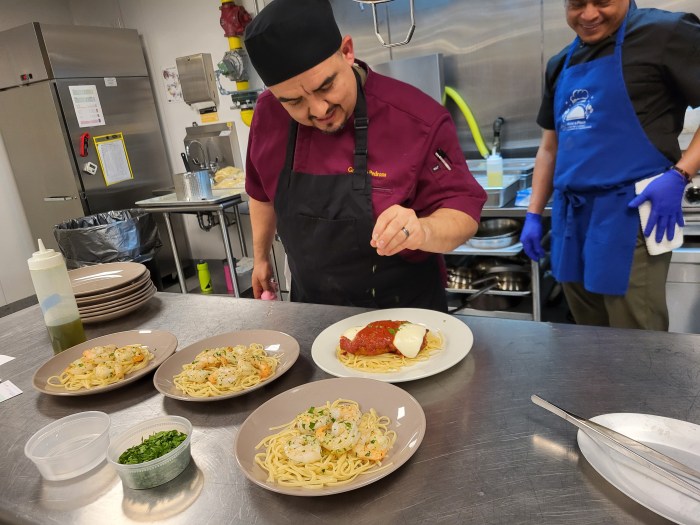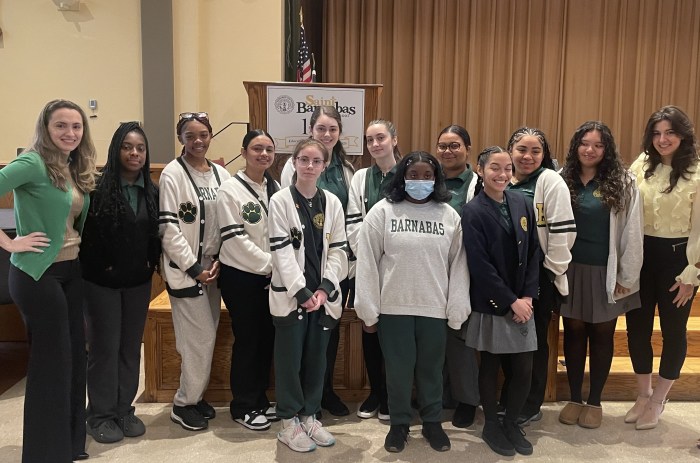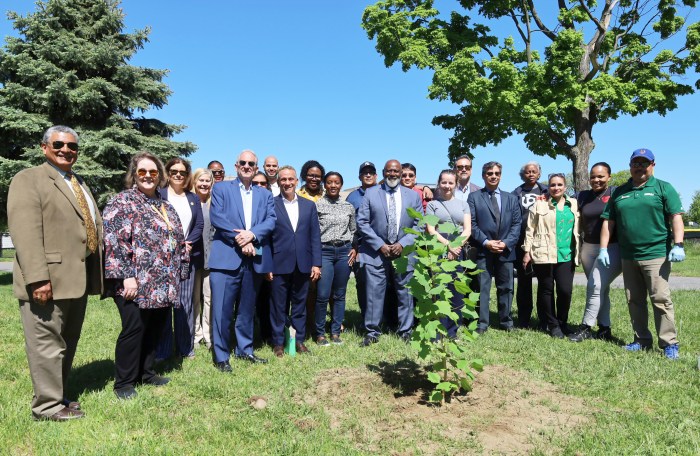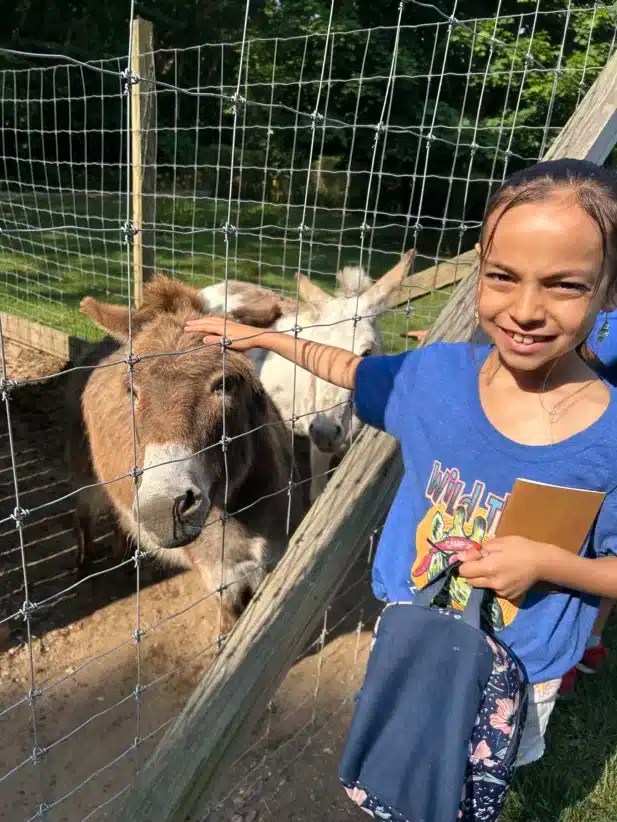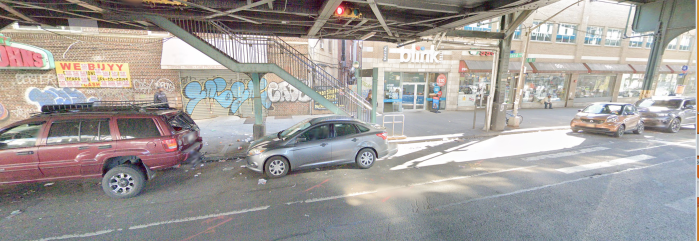On Wednesday, May 8, the Hostos Anti-Hate Initiative’s series of events concluded for the year with a timely and thought-provoking presentation on Anti-Asian Hate and Mental Health by the Asian American Federation’s Associate Director of Programs Daphne Thammasila.
Given widespread speculation about the potential Chinese origins of the COVID-19 pandemic, the nation saw an alarming rise in anti-Asian violence and harassment, often indiscriminately targeting people of any Asian background, including Filipinos, Koreans, Japanese and other Asian-American communities. For this reason, Hostos invited the Asian American Federation (AAF) to speak to the Hostos community about the effects the racist violence and harassment has had on the diverse Asian communities and how the AAF has responded.
The event began with brief remarks and an introduction by Phil Oliveri, Hostos’ chief diversity officer, who stressed the importance of these dialogues to help stem the tide of discrimination and foster empathy and understanding. Then, AAF’s Daphne Thammasila, who was attending virtually from California via Zoom, began by laying out some sobering statistics about Anti-Asian hate, such as the more than tripling of incidents in 2021, adding that Asian communities at large have been suffering from generational trauma and PTSD as a result of the rampant fear, isolation, and emotionally exhausting hypervigilance caused by constantly feeling targeted. Exacerbating their plight, many Asians in the US faced systemic barriers to reporting the violence that they endured, such as their uncertain immigration status, not speaking English well enough or having access to translators, and the indifference of local and state authorities to the issue.
In response to this lamentable situation, the AAF began by speaking out, advocating with city and state officials to set up clear mechanisms for reporting incidents, and investing in community-based safety solutions. As a result, the NYPD set up the Asian Hate Crimes Task Force, and AAF created their own reporting site, as well as a directory of safety programs, victim support and city resources. They also launched a campaign, Hope Against Hate, to raise awareness among the diverse Asian communities about the importance of reporting incidents and the availability of support services in their languages. With an estimated 19 different languages being spoken by Asians in the U.S., it was vital to provide comprehensive services in all of them, including reporting assistance, pro bono legal services and culturally competent mental health support. The campaign also provides safety resources such as training in self-defense, verbal de-escalation and upstanding, as well as safety booklets and videos in languages including Chinese, Japanese, Tagalog, Korean and Vietnamese. Plus, their Community Companion Program offers training in de-escalation and self-defense, escorts for vulnerable community members, translation of resources and other services in Asian-majority neighborhoods in Manhattan, Queens, and Brooklyn.
All the stress caused by xenophobia, racial and religious intolerance and violence directed toward Asians in the U.S. has inevitably led to a rise in mental health issues in those communities. For example, more than 80% of Asian Americans surveyed reported symptoms of mental distress, yet only 45% of those people recognized the need for mental health support. In a 2021 national survey, 65% of Asian Americans worried about the safety of their family members, 49% reported depression or anxiety and 72% cited discrimination as the biggest stressor. When asked why they didn’t seek mental health support, 34% indicated a lack of information, 33% cited language barriers and 21% claimed concerns about being negatively judged and saving face.
However, the AAF has been working to steer people who need them to the mental health services that are available at the AAF Mental Health Directory. There, people can find therapists that speak their language and provide culturally appropriate counseling. They also offer various support programs such as Tea Time, where people can gather to drink tea and talk about issues; Wednesdays for Women, where gender-specific issues can be addressed; and walking groups that help people get out of the house and exercise in the safety of a group. All of these programs are designed to combat the widespread feeling of isolation that permeated Asian communities.
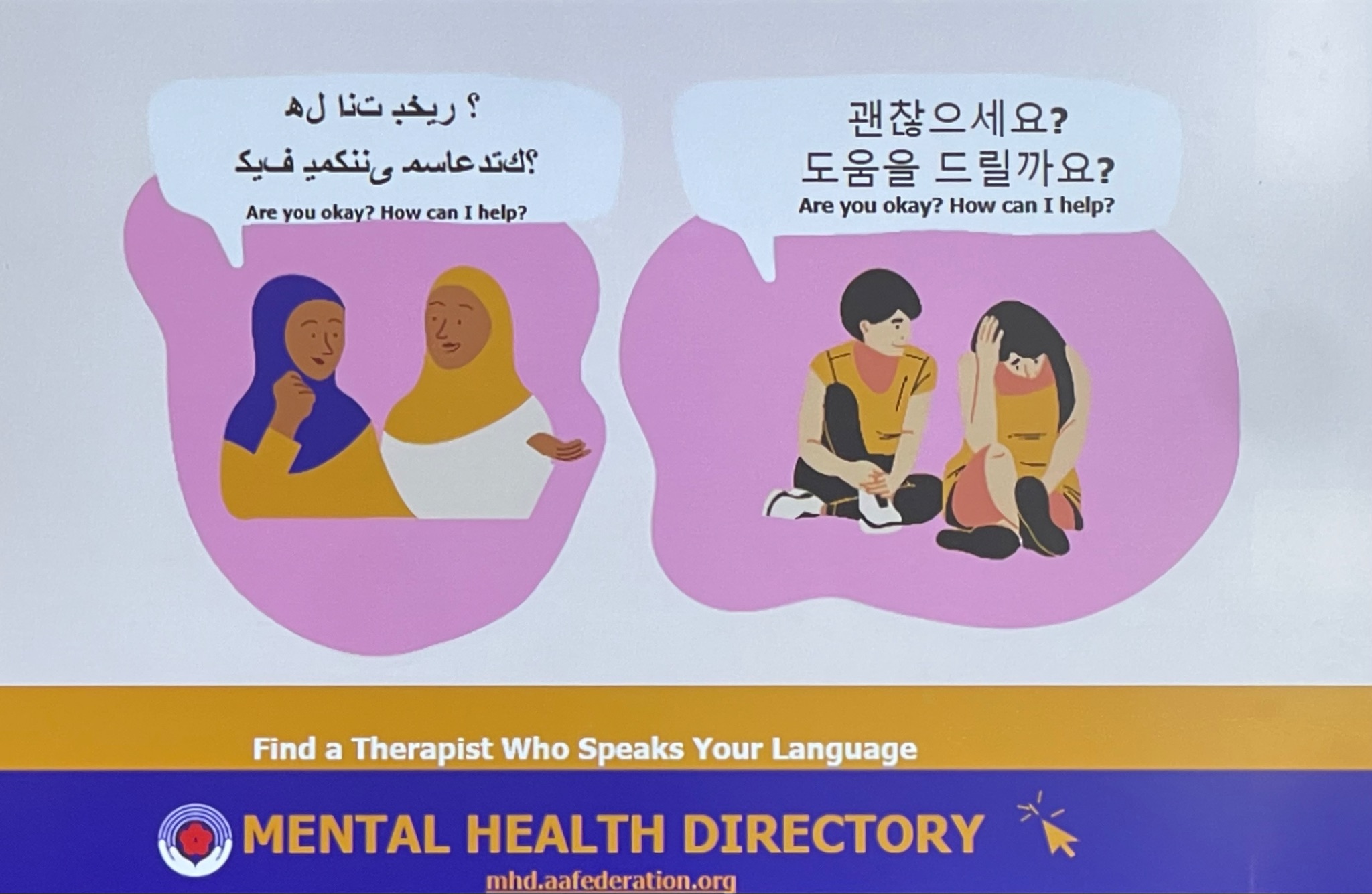
Asian communities and cultures are very diverse and contribute enormously to the cultural and economic vitality of the nation. So, in times like these, when you or your Asian neighbors are being unjustly targeted, it is critical to let them know that they are not alone, and that there is help available to them, no matter where they come from or whether or not they can speak English. Thammasila concluded her presentation by inviting attendees to reach out directly with any questions via email at daphne.thammaasila@

